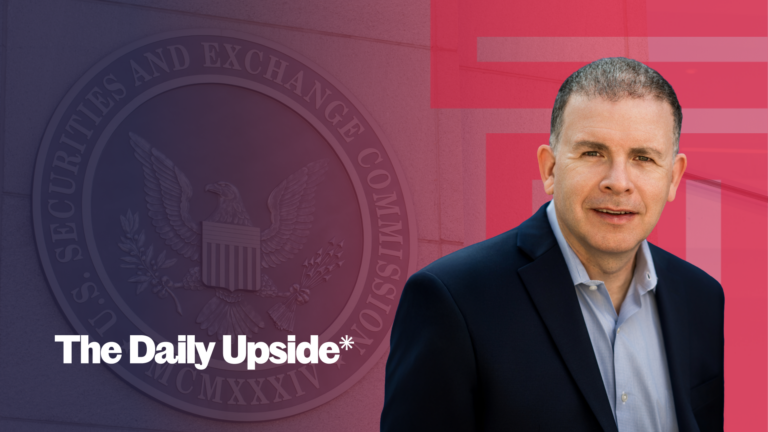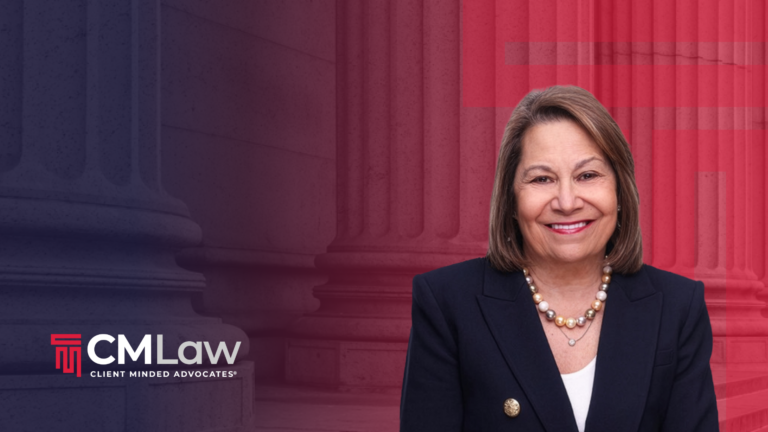Writing in VKTR, Reporter Christina X. Wood explains that transparent data privacy policies are clear, accessible documents that explain how a company uses and protects customer data. They are increasingly critical, she says, because in 2024 alone, more than 1.35 billion people were impacted by data breaches and compromises.
How do companies build client confidence and trust in their data protection policies?
One suggestion, says CM Law Partner and Privacy, Data, & Cybersecurity Practice Chair Beth Fulkerson, is to draw a data map. “This exercise will highlight situations in which different parts of the company are collecting the same information and how they are sharing it with third parties.
“This is essential, she adds, “because if one department promises that data will be used in a certain way, or deleted, and another has no idea bout this, the consumer will believe they were deceived by the company.”
Beth also suggests developing a policy for data storage and retention, evaluating how much data one needs to collect and keep. “The less data you have, the better,” she says.
Read the full article here
CM Law PLLC (cm.law) – formerly Culhane Meadows PLLC – is the largest full-service business law firm in the nation that is both women-owned and managed (WBE). Designed to provide experienced attorneys with an optimal way to practice sophisticated law while maintaining a superior work/life balance, the firm offers fully remote work options, a transparent, merit and math-based compensation structure, and a collaborative culture. Serving a diverse clientele—from individuals and small businesses to over 40 Fortune-ranked companies—CM Law is committed to delivering exceptional legal services across a broad spectrum of industries.
The foregoing content is for informational purposes only and should not be relied upon as legal advice. Federal, state, and local laws can change rapidly and, therefore, this content may become obsolete or outdated. Please consult with an attorney of your choice to ensure you obtain the most current and accurate counsel about your particular situation.





